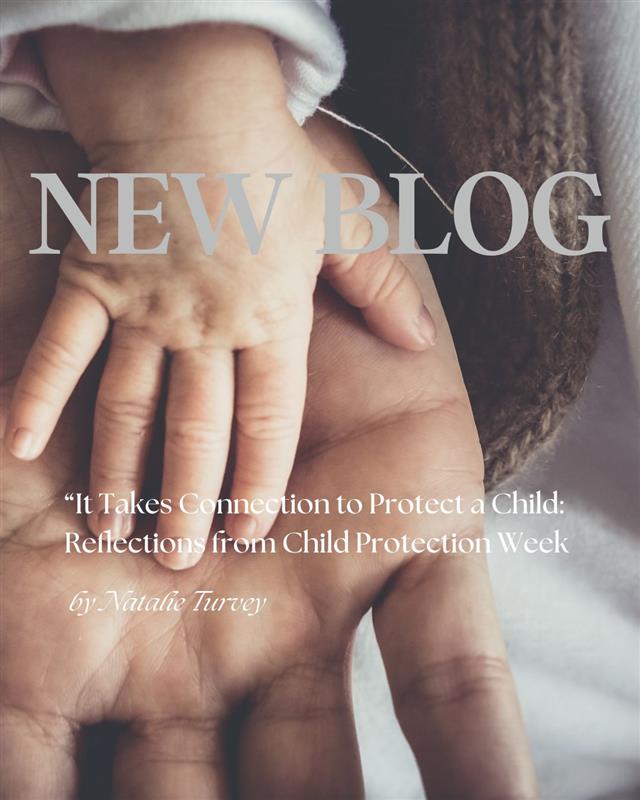To know or not to know. That is the question.
What do you know about your family history? Often difficult or traumatic things are not talked about, this was particularly so in the past. These things then become the skeletons in the family closet. Is it worth the effort of finding out about the previous generations?
Some of us would prefer to leave the past in the past. This is understandable, it can be anxiety provoking and painful to explore family history and build the connections we need to do so. Not only that but often there is the belief that what is done is done and that the influence from the past is fixed and unchangeable.
The study of trauma has documented ways that human biology carries stress reactions into future generations. Trauma can lead to disturbances in stress hormones, the immune system, metabolism, the development of inflammation and disruption in brain connectivity. These effects play their part in the symptoms of depression and anxiety, obesity, heart problems, diabetes, autoimmune disorders and other chronic illnesses in adult survivors and their descendants.
So yes the past of your family has an effect.
However the effect of the past is not fixed. Research on epigenetics has looked at the various ways that stress reactions are passed down over generations through biology, as well as through the ways family members relate to each other. This processes in the relationships of the family members’ influences whether these genes associated with vulnerability to stress are expressed or silenced. The expression of these genes then influences the next generation.
Ok what have we got so far, trauma in a previous generation can affect the current generation, however these effects can be moderated through family relationship and epigenetic processes. What are the kinds of family relationship processes that can moderate the effect? Well that is a big question.
One of the things that plays a part is knowing about the family history. Researchers have looked at the intergenerational impact of trauma. Eileen Gottlieb has done work with the descendants of Holocaust survivors. Katherine Baker has studied the descendants of the survivors of Stalin’s purge. Both have found that those who were able to get in contact with family and know the facts of the family history had better health and healthier family lives that those who remained cut off from their family and past.
Knowing about the skeletons, the trauma’s experienced in previous generations certainly seems to be helpful. How it is helpful is a topic for a future blog.
What I would like to explore next is whether there is value in knowing about family history, generally, even if you don’t find too many skeletons.


.png)





